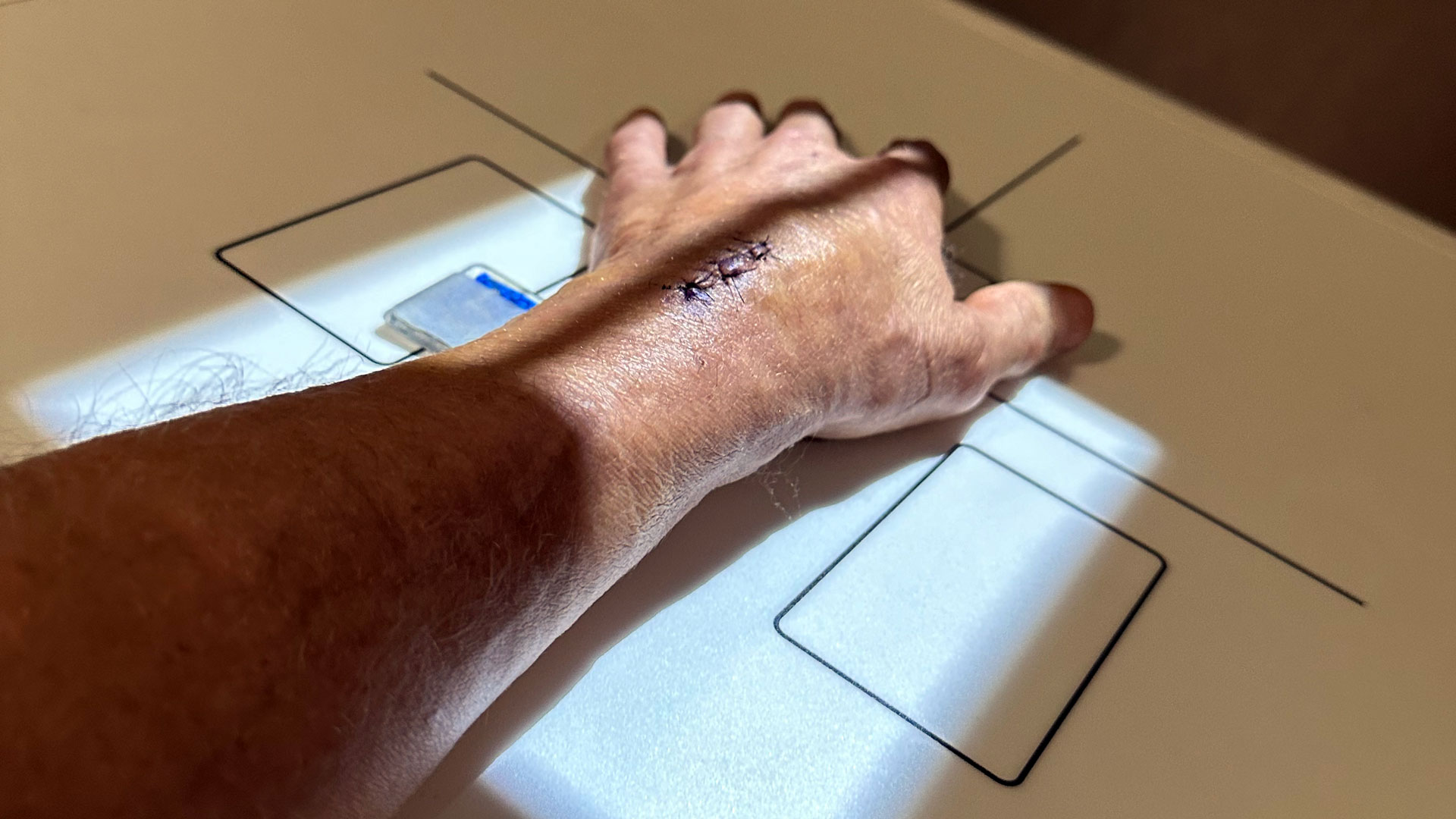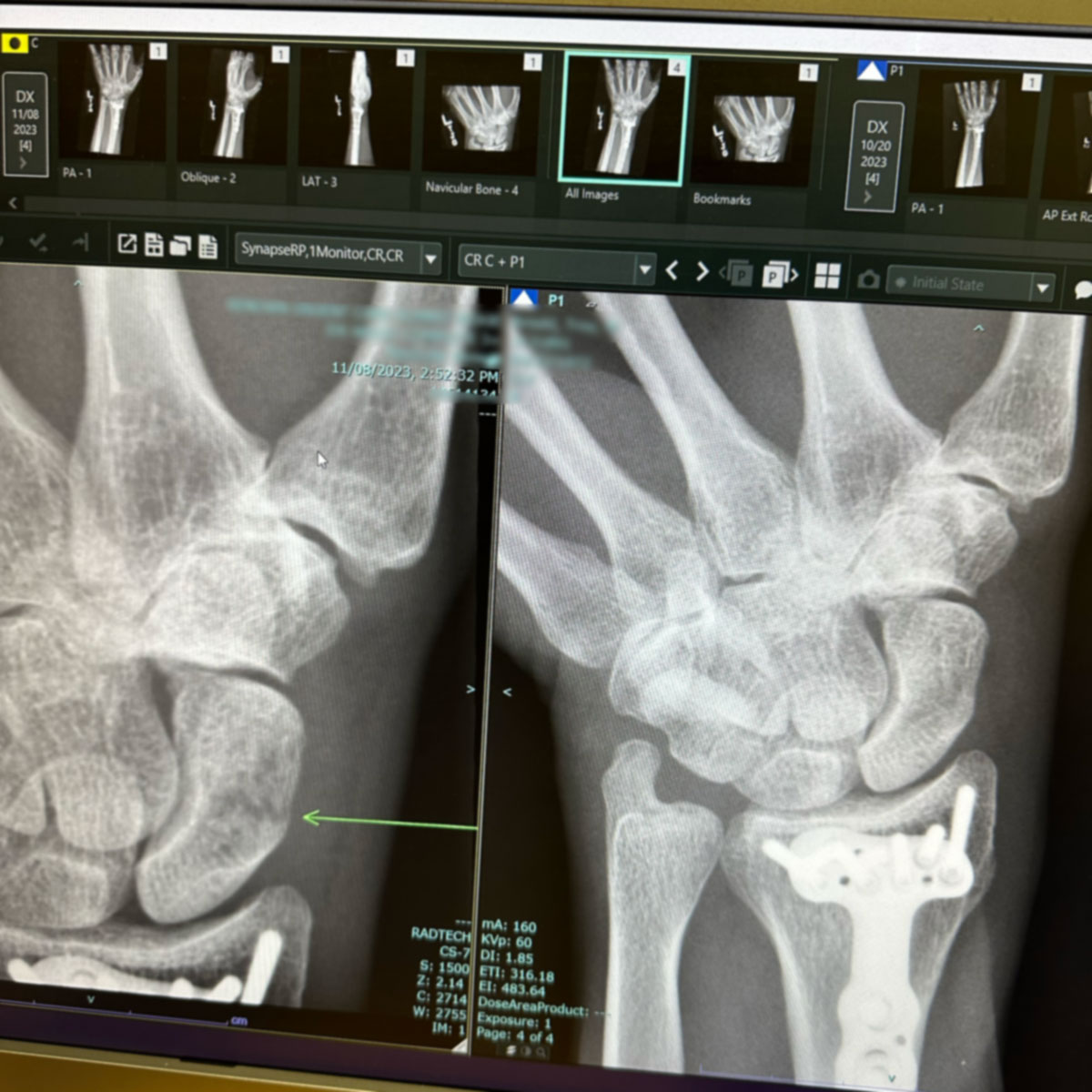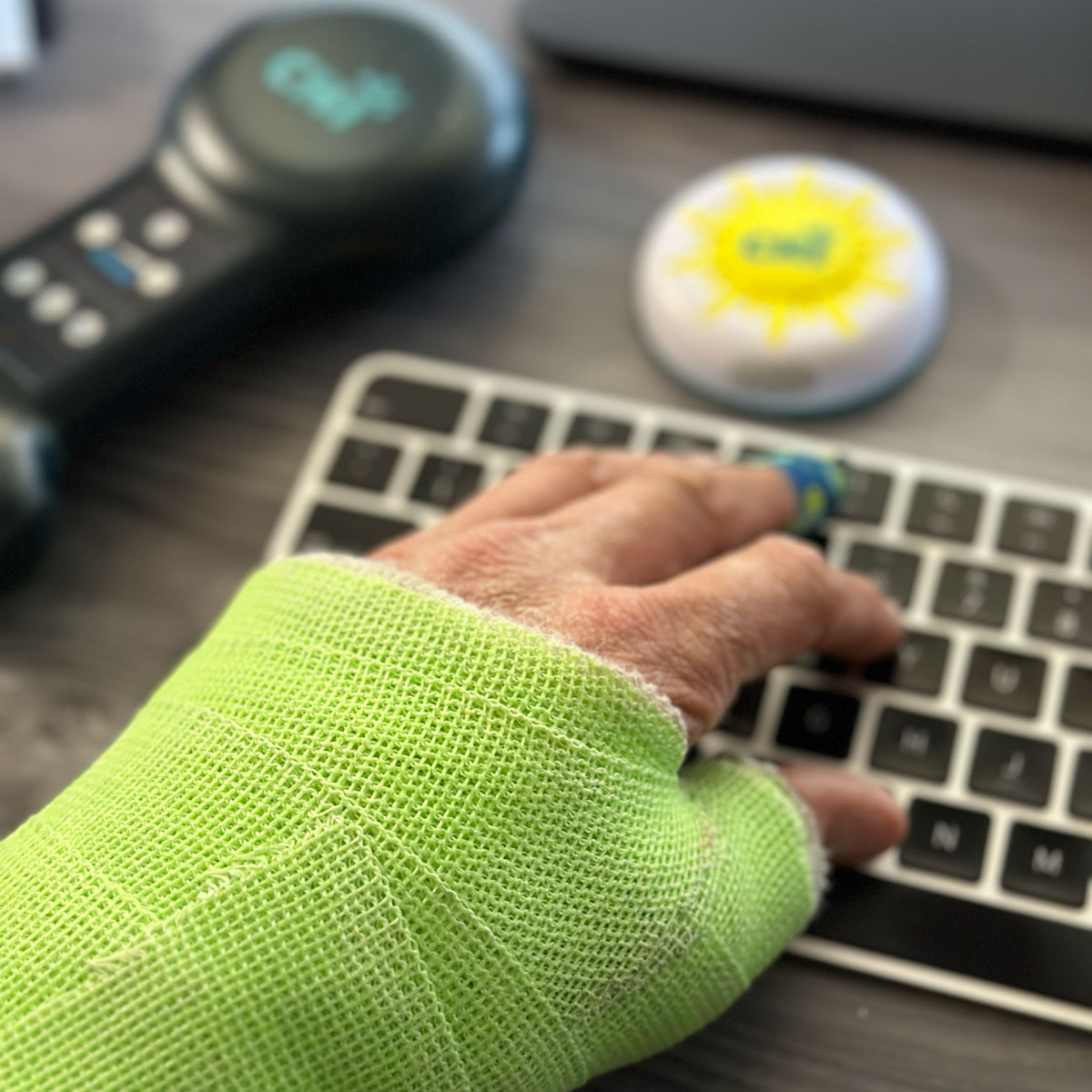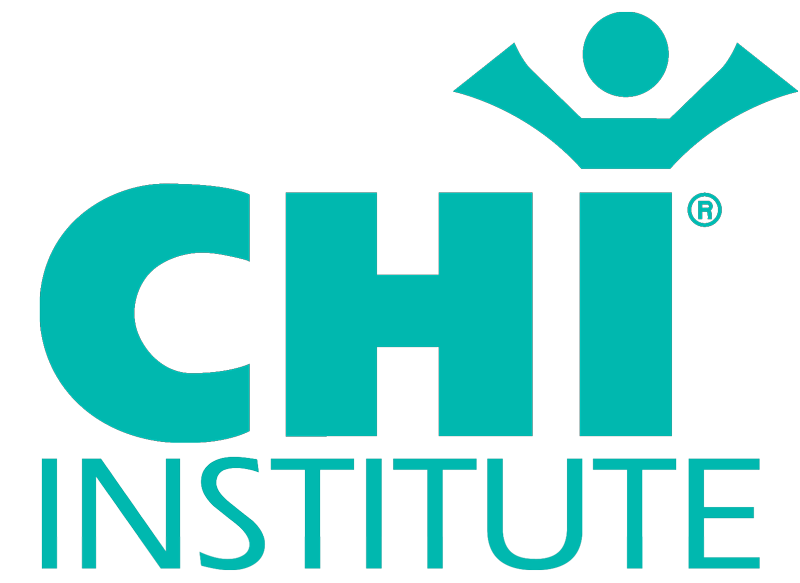
Beyond Conventional: Accelerating My Hand’s Healing with CHI Technology
As a self-employed IT and Graphics specialist (and the person that helps to bring you this website and all the pretty art / photos), my work is as diverse as it is dynamic, catering to a broad spectrum of client needs. This variety not only suits my ADHD but fuels my passion, keeping me constantly engaged and eager for the next challenge. My ADHD brings with it a unique blend of boundless energy and a propensity for taking risks—traits that often serve me well in my profession. However, this lack of fear and tendency toward recklessness once again led me to a precarious situation with profound consequences.

A Balancing Act: My Path to Recovery from a High-Risk Mishap
While installing some network components for a client, I found myself balancing on a narrow piece of metal bracing, attempting to route some cable to a camera location. At a height of 10-12 feet, a slip resulted in a fall that left me with a dislocated kneecap and a severely injured wrist, though the full extent of the wrist injury—a severe break—would only be revealed later due to swelling that masked the damage.
The journey from breaking my hand to the eventual realization that it wasn’t healing as expected was a profound lesson in resilience and the human spirit’s capacity to adapt to adversity. For three months, I lived in a liminal space between hope and uncertainty, trusting in my body’s natural healing process while under the watchful eye of my doctor. The belief that recovery was on the horizon, only to discover that surgery—a bone graft and screw—was necessary, was a stark reminder of the fragility of our plans and the strength required to recalibrate them. Losing the functionality of a limb, even temporarily, is a profound challenge, touching every aspect of daily life, from the simplest tasks to the complex interplay of professional and personal responsibilities. It demanded of me an unwavering resilience to not only manage my physical recovery but also to stay motivated and supportive of my clients, family, and business. This period underscored the importance of patience, the necessity of adaptive strategies, and the incredible capacity of the human spirit to overcome the physical and psychological hurdles that accompany such unexpected turns in our health and wellbeing.
The initial post-surgery days were fraught with pain, a common aftermath that I tackled with ice, elevation, and rest, complemented by the necessary but often unwelcome aid of pain medication. It was during this period that I began to incorporate the CHI Palm Infratonic 11 into my daily routine, using it in Balance mode twice a day and in Deep Calm mode for 10 minutes before bed. The effects were not immediate, obscured by the fog of medication, but I soon noticed a pattern: my pain was significantly relieved 4-6 hours after each treatment, a testament to the device’s efficacy.
Amidst the physical recovery, I also faced the challenge of maintaining my business and meeting client needs—a task made daunting by my condition. It was here that the CHI Sun device became an invaluable ally. Used intermittently throughout the day, it not only helped calm my mind and focus my thoughts but also seemed to unlock a reservoir of creativity. This was particularly beneficial, as stress and worry about my business were constant companions during my recovery. The CHI Sun, along with the CHI Palm, played a crucial role in easing this stress, embodying the CHI terminology of “dissipating” tension and fostering a serene environment conducive to healing.
Despite the positive impact of these devices, my eagerness to return to normalcy led me to overuse my hand, resulting in a painful reminder of my body’s limits. This setback served as a wake-up call, highlighting the importance of regular use of the CHI Palm Infratonic 11 in my recovery regimen. Reinstating my routine, I found that my body not only resumed its healing but did so with renewed vigor. Simultaneously, increasing the use of the CHI Sun helped maintain my focus and intention throughout the day—an invaluable asset for someone managing ADHD.

Remarkable Progress: Beyond Expectations
The true testament to my recovery came 12 days post-surgery when my surgical cast and dressings were removed, and my stitches were pulled. The subsequent X-ray revealed a surprising level of bone healing, with the screw well integrated into my hand’s structure. My doctor’s astonishment was palpable as he observed the accelerated healing, deeming it equivalent to what is typically expected four weeks post-surgery. Despite the progress, a conservative approach was advised, opting for a cast over a brace to prevent overexertion—a decision informed by my previous enthusiasm to return to work.


Comments (0)